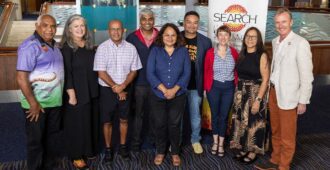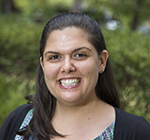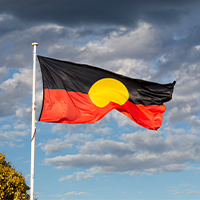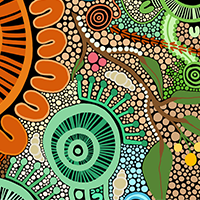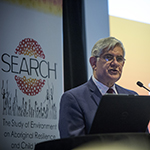
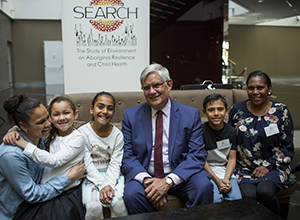
The SEARCH study into the health and wellbeing of urban Aboriginal children is providing valuable data to inform policy and should be celebrated as one of the “jewels in the crown” in Aboriginal care and research, Federal Minister for Indigenous Health Ken Wyatt told the study’s annual Forum this month.
Mr Wyatt, who opened the SEARCH (Study of Environment on Aboriginal Resilience and Child Health) Forum in Sydney, said thorough research and data collection was essential in the development of policy.
“We are better off informed by data that comes from our people and often collaborations with research institutes give me guidance,” he said. “It really does inform the way we consider our approach to Closing the Gap”.
SEARCH is Australia’s largest long-term study of the health and wellbeing of urban Aboriginal children, and involves 1600 children and their families. It is an active partnership between Aboriginal Community Controlled Health Services and researchers, where these health services set the research priorities and guide how data is collected, interpreted and used.
The Forum showcased the achievements of SEARCH and highlighted significant potential for Australia to make even greater gains, both by looking at ways to further build the evidence on the drivers of health and disease in urban Aboriginal children and their families, and by using the necessary tools, systems and partnerships to put that evidence to work to achieve large-scale change.
Mr Wyatt said SEARCH represented a new way forward in Aboriginal health research, because it put Aboriginal people at the centre of the research process, and sought not only to better understand the health of Aboriginal children, but to make a real difference to the lives of Aboriginal people.
“Together, scientists and families have built Australia’s largest source of ongoing information on urban Aboriginal child health. And because of them, those of us who make policy, or design and deliver programs and services can now access knowledge that just wasn’t available before.”
SEARCH was one of the many “jewels in the crown” – or shining examples of life-changing care and research that were leading to healthier children – that should be celebrated, Mr Wyatt said.
“Walking and working with Aboriginal families is the only way to lock in the significant gains we have made, and to accelerate our future progress, with innovative approaches that also address the social and cultural factors influencing health.”
Addressing an evidence gap
One of the founding Chief Investigators of SEARCH, Sandra Bailey, told the Forum that despite most Aboriginal people living in urban areas, at the time SEARCH was established only 11% of Aboriginal health research focused on understanding health and disease in urban communities.
“Historically, research has tended to be based around academic promotion, not looking at what works and what doesn’t and not designed around the needs of Aboriginal people and by Aboriginal people,” said Ms Bailey, former Chief Executive Officer of the Aboriginal Health and Medical Research Council. “That’s where we’ve come from.”
But SEARCH was different because it ensured Aboriginal leadership was embedded, Aboriginal people had ownership of the data and the research was culturally appropriate, she said.
Ms Bailey said Aboriginal Community Controlled Health Services were able to directly apply the data from the Study to their service planning and delivery.
“Most importantly, Aboriginal people are valued and empowered.”
Building blocks to drive change
Sax Institute Chief Executive Officer Professor Sally Redman said SEARCH data was driving real change, including leading to programs such as HEALs, which had used the findings about high rates of ear infections and hearing loss in urban Aboriginal children to deliver improved services.
SEARCH, while already valuable, would prove even more valuable in the future, she said.
“As the children grow older, we can look at the trajectories of change − what helps some children do well, and some not so well, and the data will be valuable for use in evaluating changes in service delivery,” Professor Redman said.
“We’ve got the process to collect better data about what might make a difference, we’ve got the partnerships in place and we’ve got lots of tools for change. The next phase is bringing it all together to try to function as a real catalyst to change in this space.”
The SEARCH partners are: The Aboriginal Health & Medical Research Council, the Sax Institute, leading researchers across Australian universities and four Aboriginal community controlled health services: Tharawal Aboriginal Corporation (Campbelltown), Awabakal Ltd (Newcastle), Riverina Medical and Dental Aboriginal Corporation (Wagga Wagga) and Aboriginal Medical Service Western Sydney (Mt Druitt).
Find out more
- Learn more about SEARCH
- Support SEARCH
- See a photo gallery from the event

